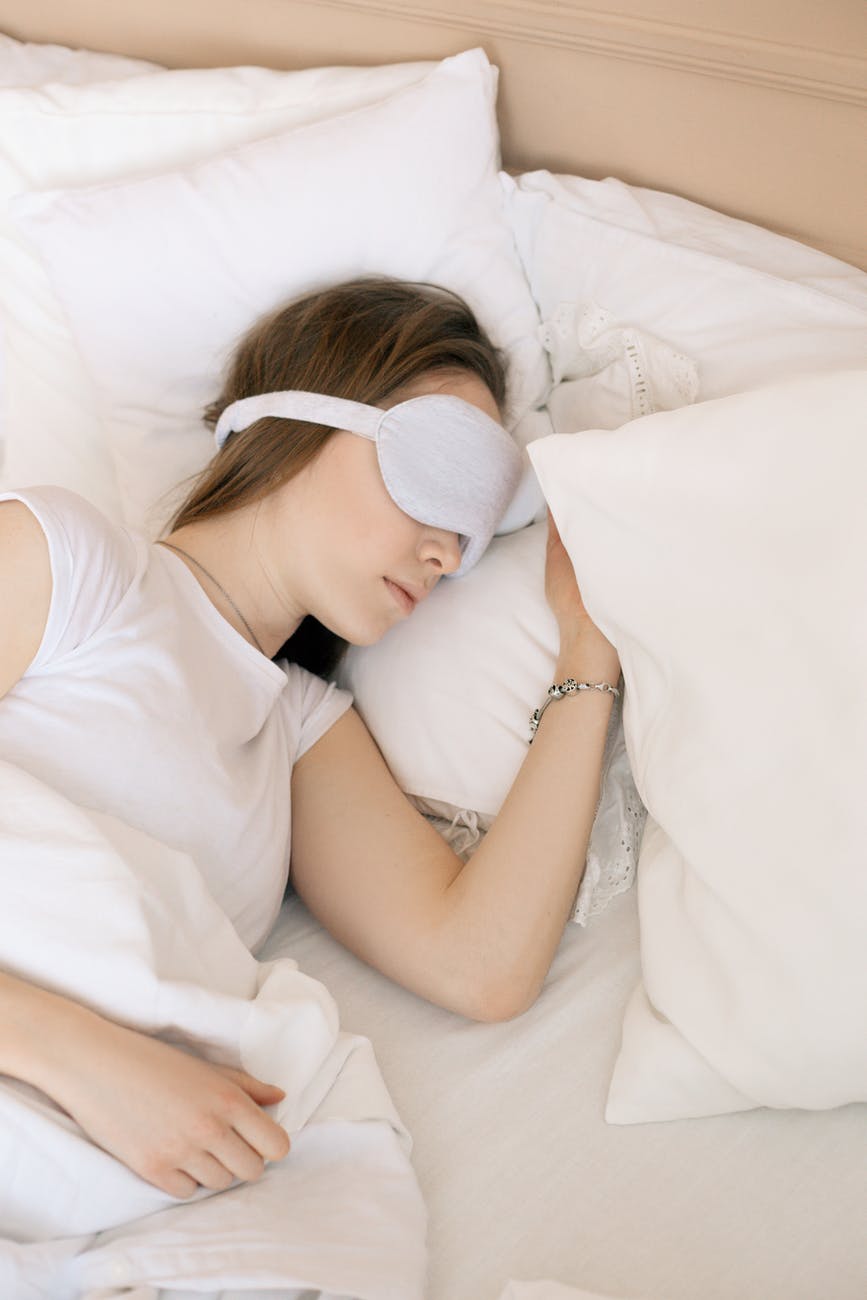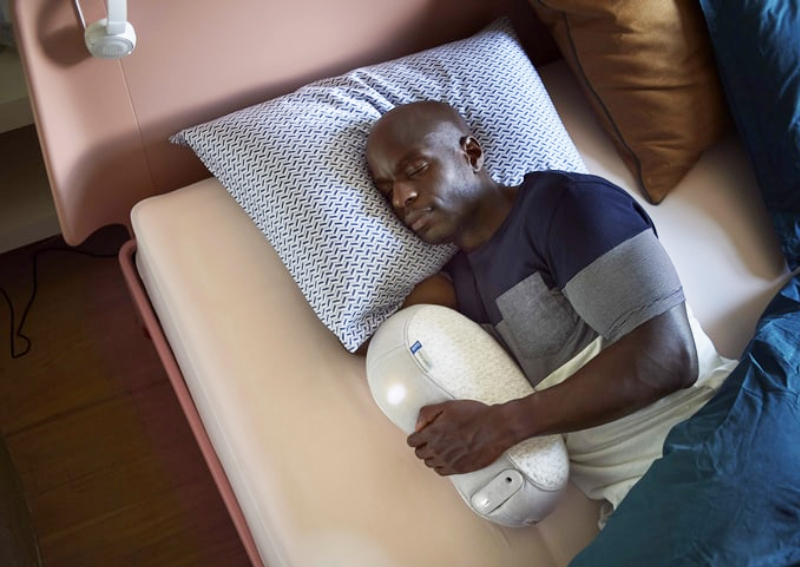Why do I have nightmares every time I sleep with my hands on my chest?

Call it superstition, but people do believe that sleeping in a certain position or a certain direction helps keep the bad spirits away. You are more likely to get peaceful sleep and will dream about good things instead of experiencing nightmares.
Every culture has its understanding of this. For instance, those following fengshui will tell you that placing your bed either facing East, South East, West, North West or South West garners best results.
In India, the ancient practice of Vastu suggests sleeping in the South and East direction.
The position in which you sleep not only affects the quality of your sleep at night, but it can also have a strange connection to the dreams you may have.
For instance, if you sleep with your hands on your chest, odds are you will toss and turn the whole night until you suddenly wake up from a horrid dream. Surprisingly, many people have a similar complaint about sleeping with hands on chest.
But have you wondered why it happens? Let’s try to figure it out.
Certain theories about sleeping with hands on chest suggest that it can induce some levels of stress on the body.
Now, remember that when you are sleeping, there’s minimal work being carried out and the parts of your body are in a state of relaxation. Even a slight trigger can possibly disturb them and raise your heart rate.
So from a state of relaxation, the body tries to adjust itself to the additional weight imposed when you are sleeping with your palms on the chest.
ALSO READ: What dreams may come: Why you're having more vivid dreams during the pandemic
The brain quickly interprets the stimulus and this tends to cause an emotional imbalance, in the form of dreams.
Another theory is when you are stressed, the oxygen flow to the part of the brain which stores memories gets disrupted. This in turn, creates panic and the brain tries to alert us by sending us negative imagery in the form of nightmares.

Our waking life often influences our dreams or nightmares. You may have noticed that you barely recall any of your dreams. Here are a few reasons why that happens:
All of these can possibly impact the subconscious and therefore, impact your dreams.

There are some studies that suggest that changing your sleeping position can have a great impact on your dreams. But do remember that while your dreams may change, it is mostly influenced by what you think or how you react.
Therefore, don’t add more stress over trying to change your sleeping pattern. Sleep in a posture that makes you comfortable and lets you sleep at peace.
On the other hand, try to address the thoughts that may be disturbing.
If you’re still unable to overcome your nightmares, here are a few things you can try.

While there are no positions that can guarantee you sweet dreams, the above tips can surely help you relax and calm your mind and body.
ALSO READ: 35 simple ways to improve your sleep
This article was first published in theAsianparent.